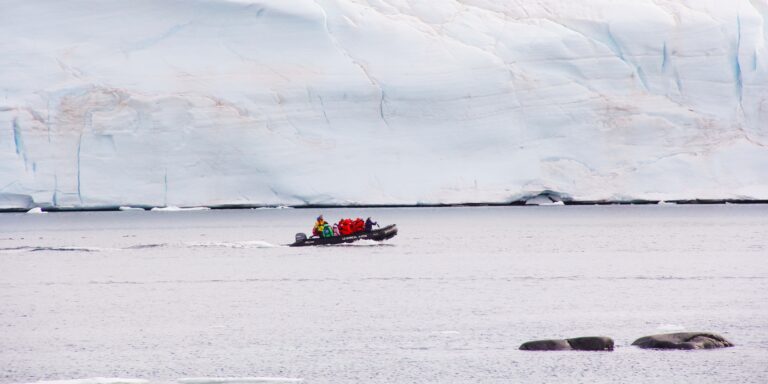
WildBound is an innovative sustainability education and consulting venture founded in 2017. Through nature-immersive learning expeditions, sustainability consulting, and nature-inspired public communication projects, WildBound aims to inspire sustainability leadership from youth to business and policy leaders to the general public.
We envision a world where humans can live in harmony with nature. With our core framework of inner and outer regeneration, WildBound cultivates a new generation of leaders for our planet. In collaboration with internationally renowned scientists, educators, practitioners and artists, we build a vibrant and diverse “sustainable forest”, promoting resilience and innovation in the transition to a more sustainable world.
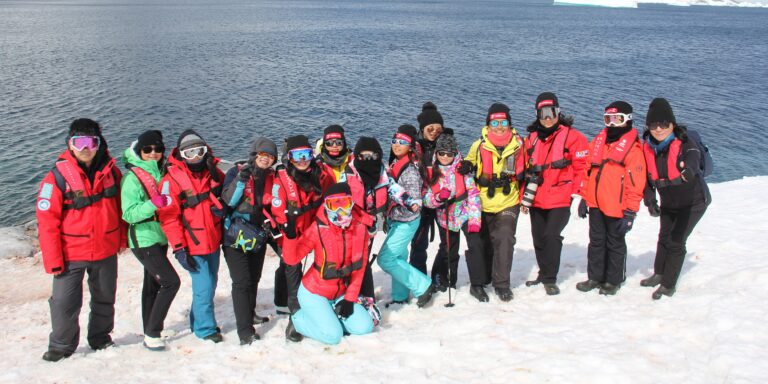
We believe that by reconnecting with nature and fostering a more balanced relationship within the web of life, we can address many of the fundamental issues we face today.
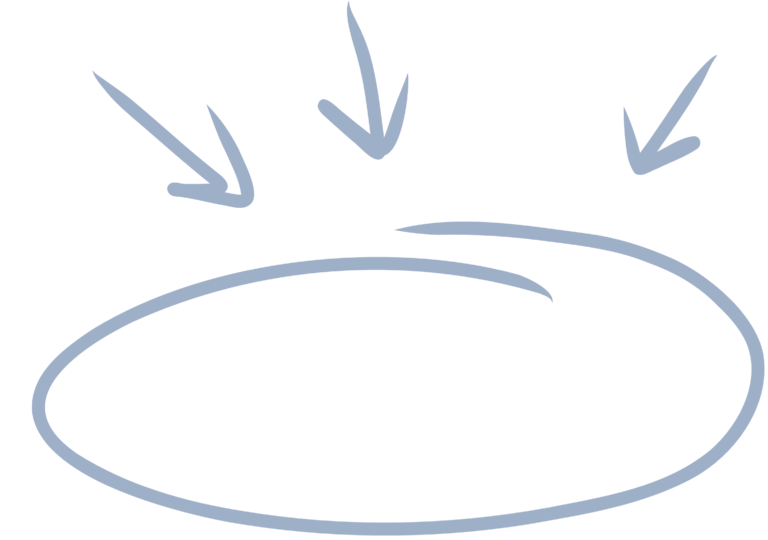
#1
Deep Ecology and the Work that Reconnects
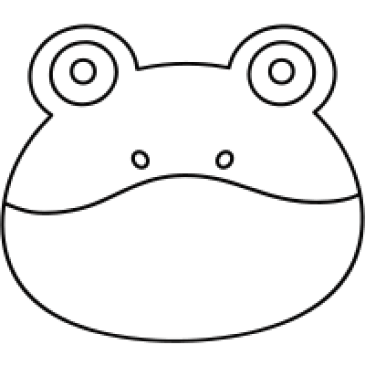
#2
Zen and the Art of Saving the Planet

#3
Theory U and
Systems Thinking

#4
Indigenous Wisdom and Story of Place
#5
the Way out is in,
the Way in is out

#6
Regenerative Mindset
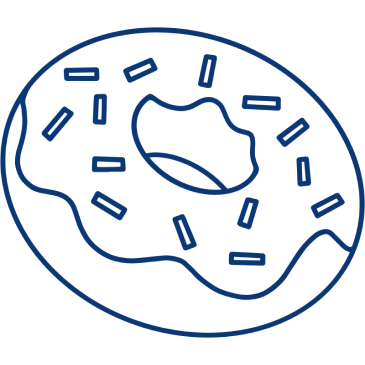
#7
Donut Economics
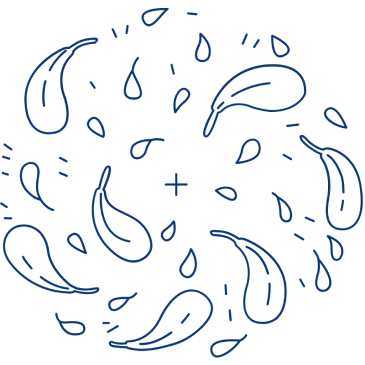
#8
Awareness-Based Learning
#9
Ancestor Wisdom

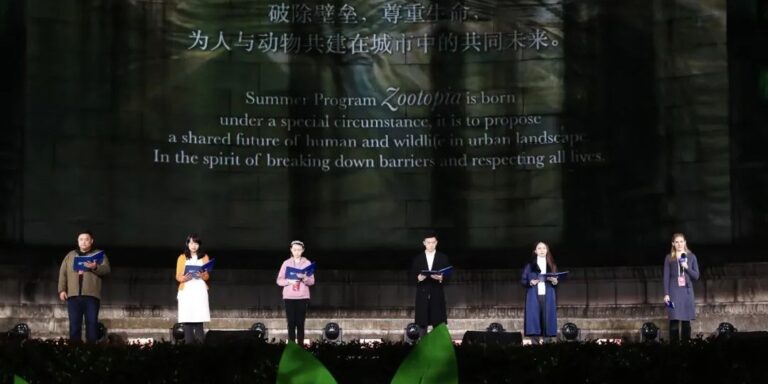
Since 2017, WildBound has organized over 10 learning expeditions to the Antarctic, the Arctic (Iceland, Greenland, Svalbard) and the Himalayas (Nepal, Bhutan, Tibet). In 2017, WildBound’s founder Songqiao Yao participated in the Antarctic Treaty Consultative Meeting in China. In 2018, WildBound supported the China Tourism Association in drafting environmental guidelines for Chinese Tourism to Antarctica. Along with WWF, Greenpeace China and Greenovation Hub, WildBound initiated the China Polar Protection and Action Network, involving policy makers, academics, travel agents and NGOs to collaborate on advancing China’s participation in a sustainable future for the polar regions.
At WildBound, we excel in designing transformative experiences that reconnect people with themselves, each other, and the natural world. Through these connections, we foster a sense of unity with our ancestors and future generations. We aim to bring well-being to individuals in our currently separated world and amplify the voices of non-human species and perspectives. This approach seeks to establish a more equal and balanced relationship within the web of life, addressing the fundamental causes of many issues we face today.
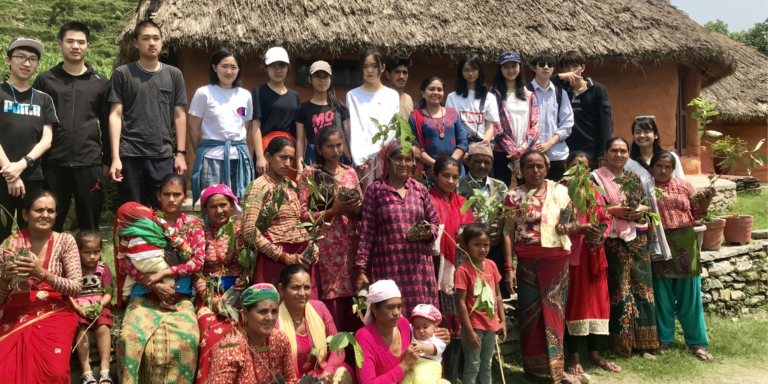
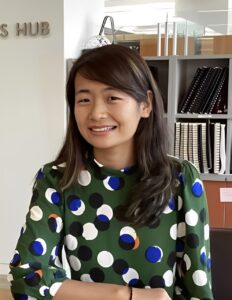
Founder and Chief Explorer
Songqiao Yao is the founder of WildBound, an innovative social enterprise that facilitates experiential education, climate actions, and artistic expression to cultivate sustainability leadership and systems change. Songqiao is also a mindfulness-based coach in training and supports personal and team developments for climate leaders and organizations. Since 2015, Songqiao has participated and led over 16 learning expeditions to the Antarctic Peninsula, the Arctic and the Himalayas. Prior to founding WildBound, Songqiao was the first Chinese participant and faculty member for Homeward Bound, the largest all-female science and leadership expedition to Antarctica. She is a researcher, activist, and entrepreneur on environmental issues in China and globally. Over the past 10 years, she has led and advised youth climate organizations and projects, worked to conserve China’s rivers as a National Geographic Global Explorer, and consulted on agriculture development projects in Sierra Leone, Ethiopia and Zimbabwe. In 2024, Songqiao became the first Chinese woman member of the Club of Rome. Songqiao received a Master of Philosophy in Geography from the University of Cambridge as a Gates Scholar and a Master of Business from the University of Oxford as the first Skoll Scholar from China. She graduated summa cum laude from Mount Holyoke College.
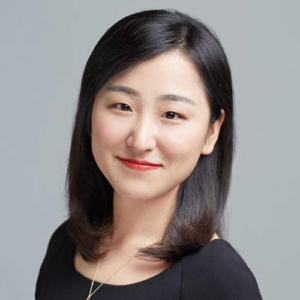
Chief Impact Officer
Faye Mingyi LU is the Chief Impact Officer at WildBound and co-founder of CELU Studio, an international art and design studio focused on addressing environmental issues through art and technology. She was the Deputy Secretary-General of China Youth Climate Change Action Network (CYCAN) and launched Work for Good, a sustainable employment platform for young people. She initiated nationwide research and action on bird collisions in China, in order to help protect biodiversity in cities. In 2019, she traveled by retracing the early human migration route, starting in East Africa and moving through North Africa, Middle East, Europe, and South Asia. Along the route, she made a documentary and art pieces recording the impact of climate change, as well as possible solutions. Her works have been exhibited in the London Art Pavilion and Beijing UCCA art center. Prior to that, Faye worked as vice president of New Hope Group Southeast Asia headquarters. She has three master’s degrees in financial management, business, and development economics.
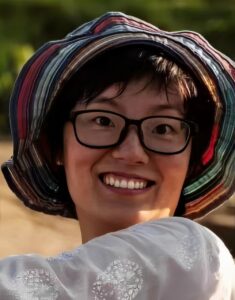
Sustainability Education Lead
Heran has over 10 years of work experience in the environmental field including NGO river campaign, environmental policy research, green investment and nature capital, as well as nature education and ecovillages. She started the Earth Village Nature school, a nature education program to link urbran to rural. She lives in the mountainous regions in Northern Beijing in a small zero-waste/artist/Waldorf community. Partnering with domestic and international education organization, Heran has been offering teacher-training programs, family weekend nature experience, short and long-term environmental trips for schools and public groups. Heran studied Landscape Ecology and Nature Conservation in Germany and had a Master’s degree in Finnish language and literature from Helsinki University. A mother of two, Heran has over 80,000 followers on Douban, and speaks English, Finnish, German and French in addition to her native Chinese language.
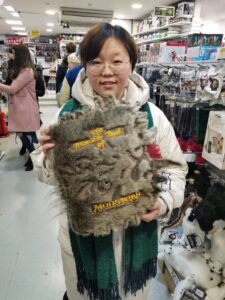
Brand and Youth Engagement Lead
Hu Jingwei bridges environmental advocacy and youth empowerment with a background in Environmental Engineering (BSc) and International Environmental Law (MSc). At WildBound, she leads brand communications and oversees the New Youth Project, channeling her passion for socio-ecological justice into actionable pathways. Previously with the China Youth Climate Action Network (CYCAN), Hu coordinated the International Youth Summit on Energy and Climate Change (IYSECC), led youth delegations to the UN Climate Change Conferences (COP), and pioneered tools for youth-driven low-carbon consumption. With a career rooted in youth climate advocacy, Hu is driven by the power of collective learning and co-creation, finding joy in empowering young changemakers to navigate the complex landscape of climate challenges.

Youth Empowerment and Research Lead
Lynn is a content contributor to WildBound’s youth and education branch. Shape-shifting as an activist-educator-researcher, Lynn has a decade of experience in youth empowerment around socio-ecological justice and community organizing. Lynn worked with WildBound as a coordinator for the Changemakers for Nature (C4N) program and led an effort to create the C4N Toolkit. She is the lead facilitator for the New Youth program and co-author of the upcoming New Youth Report. As a member of the Miao ethnic minority descent raised in urban China, Lynn also works with youths in ethnic minority autonomous regions, especially in Hunan Province. In her work with PEER, an education NGO, she worked as an on-site fellow at rural high schools, localizing the SDGs through community-oriented youth actions. Lynn holds a BA in Environmental Studies in Nature, Culture, and History from Mount Holyoke College. Starting in the fall of 2024, Lynn is pursuing a Master’s Degree in International Environmental Policy, hoping to bring unnoticed currents of the environmental decision-making process to the surface.